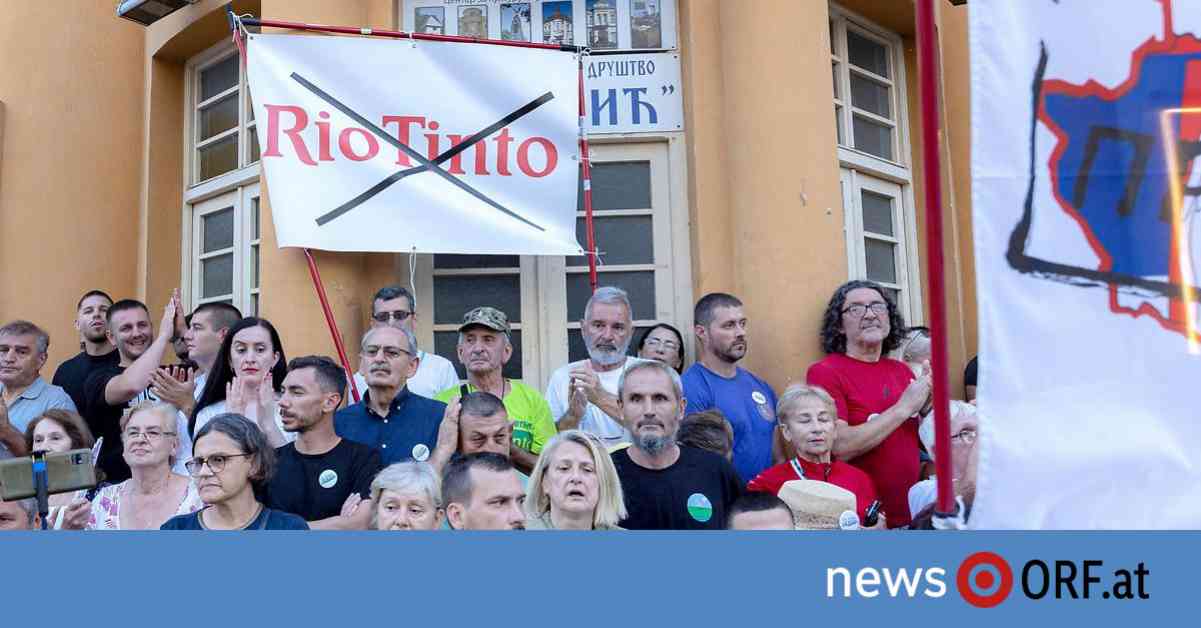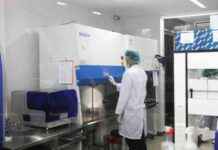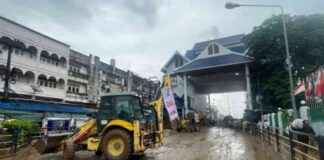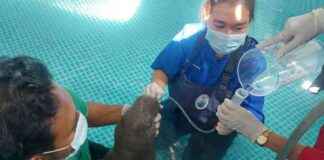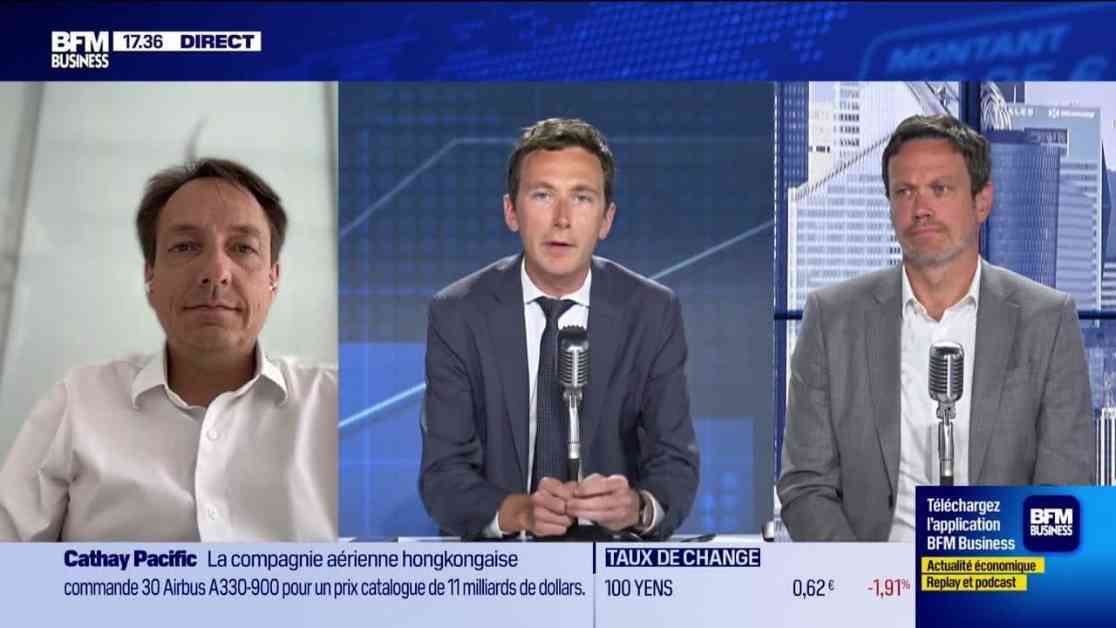A large protest rally took place in Belgrade on Saturday, with Serbs from all over the country gathering to express their concerns about a mining project near the Bosnian border. The project aims to resume operations at a mine and extract lithium on a large scale, raising fears among critics about potential negative impacts on the environment and health.
Several thousand people gathered Saturday evening at Terazije, the central square in Belgrade, to protest against the government’s plans. The protest rally organized by various environmental organizations followed demonstrations by lithium opponents in about 50 cities and towns in recent weeks. Participants chanted slogans like “They will not mine” and “Betrayal.” State flags and flags of the Jadar Valley were visible at the rally, but no party flags, even though the opposition supports the protests.
Serbia has one of the largest lithium reserves in Europe, worth billions of euros. However, since signing a memorandum of understanding between Serbia and the EU in July for a strategic partnership for “environmentally friendly” lithium extraction, resistance has been growing. Daily protests by opponents have been taking place in several cities for about two weeks now, with a large rally planned in Belgrade for Saturday. The protests are mostly organized by local environmental groups and supported by the opposition.
The demonstrations primarily oppose the resumption of plans for lithium mining in a mine. Lithium is essential for battery production and is gaining importance as the world shifts towards electric vehicles. Europe has largely relied on imports from China for lithium. In the Jadar Valley near the town of Loznica, a mining project by the Anglo-Australian company Rio Tinto is being developed. It is set to cover 140 hectares in the western Serbian village of Gornje Nedeljice and commence operations in 2028.
According to the company’s estimates, the planned mine can produce 58,000 tons of lithium annually, which Serbian media reports claim could cover the demand for 1.1 million electric vehicles, representing about 17% of European production. Serbian authorities have already granted 68 permits for drilling surveys, covering not only the west but also central and eastern Serbia.
Environmentalists criticize lithium mining for contaminating groundwater with heavy metals, posing a threat to the drinking water supply of nearby residents. A representative of the environmental organization Ecological Uprising, Aleksandar Jovanovic Cuta, called the agreement Serbia signed with the EU a “death sentence” for the mining region.
Meanwhile, Serbian President Aleksandar Vucic dismissed concerns about the environment and called them “misplaced.” He announced plans to form an expert team to thoroughly examine the potential health impacts of lithium mining on the local population. Vucic is a supporter of the project, anticipating significant economic benefits for Serbia. He referred to the EU agreement as a “turning point and a quantum leap into the future.”
The government in Belgrade aims to establish a value chain for electromobility from raw material extraction to battery production, which is expected to generate state revenues, jobs, and investments estimated by Vucic at six billion euros. Handling lithium has become a key issue for the Serbian opposition, accusing EU countries of courting Vucic due to Serbia’s mineral resources. The Serbian president has been criticized for undermining democracy and the rule of law, as well as maintaining close ties with Russia.
